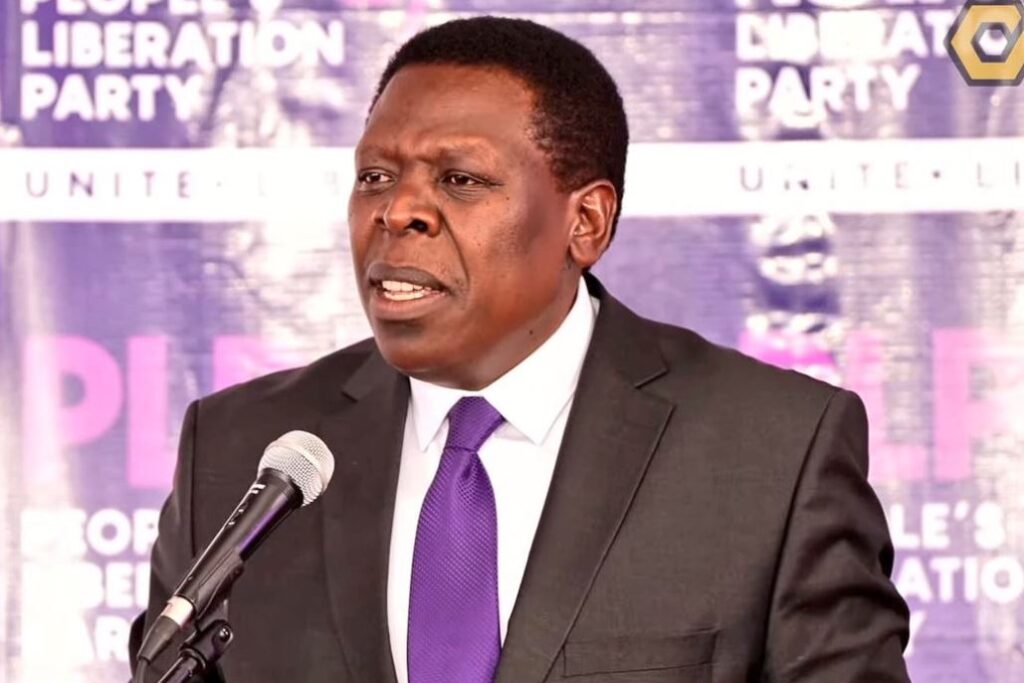The political rivalry between Trans Nzoia Governor George Natembeya and DAP-K leader Eugene Wamalwa has escalated into a full-blown confrontation, putting the party’s stability at risk ahead of the 2027 general election. What began as a difference in leadership style has now evolved into a clash of ambitions, personalities, and regional influence.
Natembeya, who rose to power on a DAP-K ticket, accuses Wamalwa of micromanaging him and interfering with his leadership. He argues that such control from party headquarters limits his ability to deliver effectively to the people of Trans Nzoia. On the other hand, Wamalwa’s allies dismiss these claims as arrogance, saying the governor has turned his back on the party that propelled him into office.
Natembeya’s bold and outspoken approach has made him one of Western Kenya’s most visible opposition voices. His growing national popularity has sparked speculation that he could emerge as a key political player in 2027 possibly even a running mate to Wiper leader Kalonzo Musyoka. This rising influence appears to unsettle Wamalwa, further widening the rift within DAP-K.
Attempts to reconcile the two have made little progress. A nine-member committee formed to address the dispute stalled after internal disagreements and defections. The divisions have spilled into the Malava by-election, where Natembeya and Wamalwa cannot share a campaign platform for their party’s candidate, Seth Panyako.
The situation worsened when Kakamega Deputy Governor Ayub Savula ditched DAP-K’s candidate to support UDA’s David Ndakwa, citing the need to align with President William Ruto’s “broad-based government.” His exit highlighted the fractures within the party and the struggle to maintain cohesion.
While DAP-K officials continue to project unity, the underlying tensions paint a different picture. With both Natembeya and Wamalwa positioning themselves for 2027, reconciling their competing ambitions may prove far more difficult than the party hopes.

